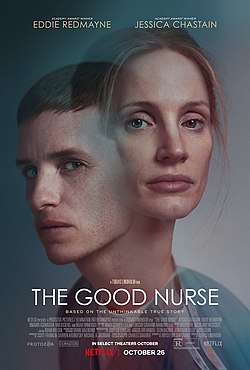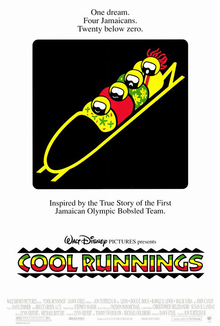It’s suspected that Charles Cullen might be the most prolific serial killer in U.S. history.
He’s currently sitting in prison, serving 18 consecutive life sentences. (For those keeping track, he’ll be eligible for parole in the 25th Century.) In order to avoid getting the death penalty, Cullen confessed to killing 29 people in New Jersey and Pennsylvania. It is thought that, between the years 1988 and 2003, he actually killed over 400 people. What made Cullen’s crimes especially horrifying is that he was a nurse and his victims were his patients. When Cullen first confessed, he tried to portray himself as being a mercy killer, someone who only murdered those who would have no quality of life. Cullen also claimed that he had been traumatized the first time that he saw a team of doctors fail to resuscitate a patient so he would specifically give overdoses to terminal patients so that they could die both with dignity and without leaving him traumatized. It was subsequently discovered that few of Cullen’s victims had been terminally ill and that many of them were actually only a day or two away from being discharged from the hospital when Cullen killed them. Cullen later said that many of his murders were impulsive acts and he wasn’t sure why he had committed them. In the end, no one can be sure what drove Cullen to commit his murders.
Even before he was arrested, Cullen had developed a bad reputation as a nurse who lost a lot of patients. He moved from hospital to hospital and he seemed to generate suspicion wherever he went. Cullen would leave the hospitals whenever it became apparent that anyone was investigating any of the deaths in which he had been involved. The hospitals were usually happy to be rid of him. Despite all of the suspicions about him, no one ever tried to stop Cullen from getting another job. Why risk getting sued for having had Cullen on staff when you could just dump him off on another hospital?
The Good Nurse, which just dropped on Netflix this week, stars Eddie Redmayne as Charles Cullen and Jessica Chastain as Amy Loughren, the nurse who worked with Cullen at his final place of employment. In the film, Amy is workaholic single mother who needs a heart transplant but who still finds time to show compassion to the patients in the ICU. She is, as the title states, the good nurse. When Charles Cullen shows up to work the night shift, she is happy for the help and she takes an immediate liking to the polite and seemingly hardworking Cullen. Just like Amy, Cullen has two daughters and they bond over their struggles to be both good nurses and good parents. Cullen tells Amy about how his former coworkers were always plotting against him. Amy, somewhat naively, invites Cullen to come to her house to meet her daughters. But when patients start to die, Amy soon suspects that Cullen is responsible. When she ends up as a patient in the hospital and is faced with the horrifying prospect of Charles Cullen being her nurse, Amy goes to the police and offers to to help them build their case against her former friend.
The Good Nurse is a typical Netflix true crime movie, complete with the slightly washed-out look that almost all of these films seem to share. The film does a good of capturing the isolation of an ICU ward at night. With only a handful of nurses and patients on the floor, it’s easy to see how someone like Charles Cullen could have committed his crimes without being caught. Indeed, some of the film’s most disturbing moments are when Cullen appears to literally emerge from the dark shadows of the ICU ward, like some sort of ghostly hunter seeking his prey. At the same time, there’s a few moments where the movie feels more like an extra-long episode of Law & Order than a feature film. Noah Emmerich and Nnamdi Asomugha play the two detectives who are assigned to investigate Cullen’s crimes and their scenes often feel as if they could have been lifted from a dozen other similar true crime films.
As Amy, Jessica Chastain is well-cast, though the role itself is somewhat underwritten. The film is stolen by Eddie Redmayne, who plays Charles Cullen with an intensity that is frightening to behold at times. As played by Redmayne, Cullen is creepy from the first time that we see him but, at the same time, Redmayne plays the role with just enough needy charm that the viewer can understand how he was able to fool so many people at so many hospitals. Redmayne plays Cullen as man who is incapable of compassion but who has learned how to fake it. It’s only towards the end of the film that Cullen allows his mask to slip and what we see underneath is terrifying. Eddie Redmayne brings to life a truly evil man, someone who is all the more nightmarish because he really exists.
In the end, The Good Nurse suffers from the same problem as Netflix’s Extremely Wicked, Shockingly Evil, and Vile. It attempts to comprehend an evil that is beyond normal comprehension. In the end, both films suggest that there’s no real way to understand what motivates a Ted Bundy or a Charles Cullen. Instead, all one can do is remain vigilant and hope they’ll be stopped before they can cause any more pain. Cullen is in prison for life. Bundy got the electric chair. Both of them left behind many questions that will never be answered.





